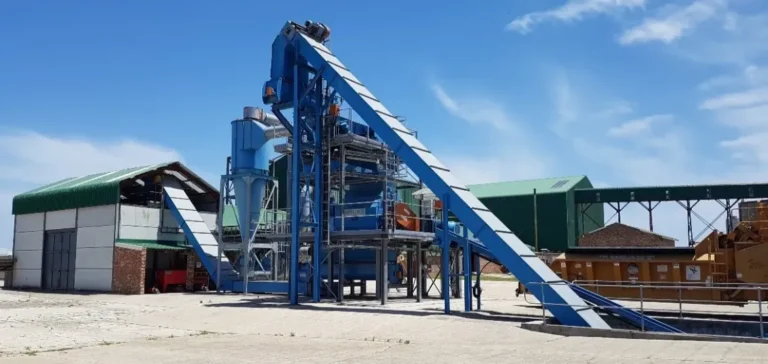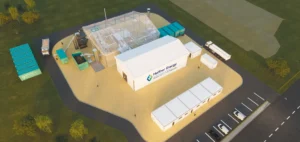The Alternative Waste Treatment Technology (AWTT) project of the City of Johannesburg has secured a R550mn ($31.9mn) grant from Invest International, following an agreement with the Infrastructure Fund. This fund was established by the Development Bank of Southern Africa (DBSA), the National Treasury and Infrastructure South Africa to support municipal infrastructure through blended finance mechanisms.
The project, with an estimated total value of R5.7bn ($331mn), will be carried out through a public-private partnership (PPP) between the municipality, the Infrastructure Fund and private partners. It aims to divert 500,000 tonnes of municipal solid waste per year—representing 31% of Johannesburg’s total annual waste—from landfill sites.
Energy generation and waste recovery
The AWTT project includes the development of a dirty Materials Recovery Facility (dMRF) and a Waste-to-Energy (WtE) plant. These facilities will be designed, financed, constructed, operated and maintained by a private partner over a 25-year concession period, after which ownership will transfer to the City of Johannesburg.
The WtE facility will convert residual waste into electricity, with an expected output of 28 megawatts (MW), enough to supply approximately 60,000 households. The project will also enable the recovery and recycling of up to 175,000 tonnes of waste per year, thereby easing the burden on existing landfill infrastructure.
Structuring finance off municipal balance sheet
Through the blended finance structure, the City can advance the project without increasing its balance sheet exposure, while reducing treatment costs through lower gate fees. This approach helps attract private investment while ensuring long-term public ownership of the assets.
The Chief Investment Officer of the Infrastructure Fund stated that this financial structure addresses infrastructure challenges at the municipal level in South Africa. The project is now entering a procurement phase to appoint a private operator.
Replication potential for other cities
The insights gained from the AWTT project could be applied in other municipalities facing similar waste-management constraints. The model highlights the benefits of structured co-financing and cooperation between public and private sectors in delivering critical infrastructure.
The City of Johannesburg emphasised that the grant represents a major step in its local energy development. The Dutch government, through its Ministry for Foreign Trade and Development Cooperation, funded the project via Invest International.






















